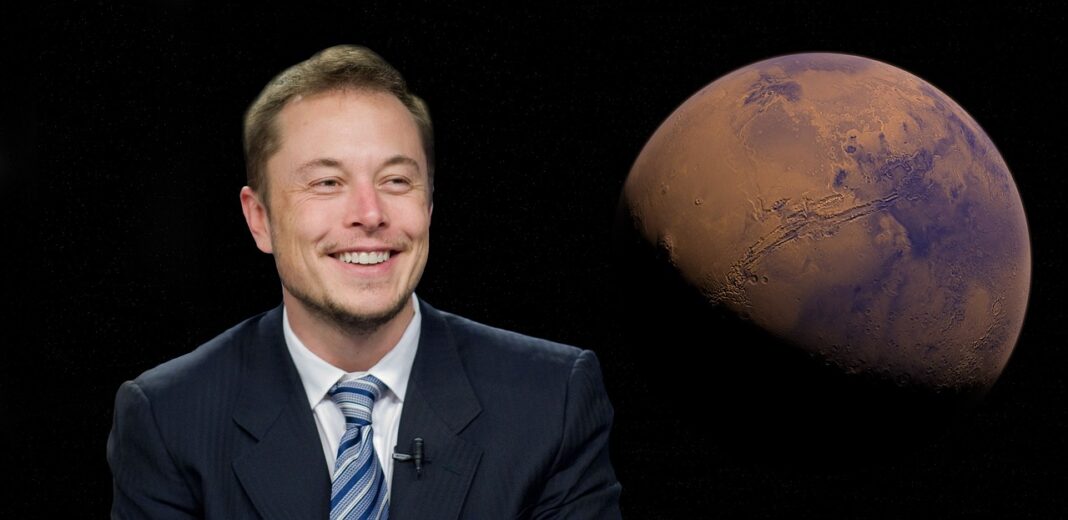In recent days, Elon Musk has thrust himself into the heart of global political discourse, sparking controversy with his inflammatory posts and unabashed support for conservative and far-right figures. This latest chapter in Musk’s political engagement reveals a troubling dynamic: the convergence of vast wealth, unchecked influence, and divisive rhetoric.
Musk’s Critique of Keir Starmer and the UK Government
The billionaire targeted UK Prime Minister Keir Starmer, accusing him of failing to prosecute child exploitation cases during his tenure as head of the Crown Prosecution Service (CPS) from 2008 to 2013. Musk’s posts on X (formerly Twitter) suggested Starmer’s government is complicit in covering up abuses, a claim unfounded by any official inquiry. Musk also criticized Labour minister Jess Phillips for opposing a national public inquiry into the Oldham child exploitation scandal.
Health Secretary Wes Streeting responded by calling Musk’s comments “misjudged and certainly misinformed,” emphasizing the government’s commitment to addressing child exploitation. Streeting’s willingness to collaborate with Musk—if approached constructively—indicates the UK government’s recognition of the tech magnate’s platform’s power, despite its contentious use.
Musk’s critiques have reignited debates around the historical failures of local authorities in addressing child abuse scandals in towns like Rochdale, Rotherham, and Oldham. These cases, involving predominantly South Asian perpetrators and vulnerable white victims, have fueled narratives exploited by far-right figures, including Tommy Robinson. Musk’s call for Robinson’s release, despite his imprisonment for contempt of court, underscores his alignment with controversial, polarizing figures.
Musk’s Global Political Footprint
Musk’s foray into UK politics mirrors his recent influence on international affairs. From praising Canada’s Conservative leader Pierre Poilievre to endorsing Germany’s far-right Alternative for Germany (AfD) party, Musk’s interventions are shaping political landscapes beyond the United States. His endorsement of AfD—classified by German intelligence as a suspected extremist organization—has drawn sharp criticism, particularly as Germany approaches snap elections in February.
In the United States, Musk’s political activity has been similarly disruptive. His support for Donald Trump and the Republican Party during the 2024 elections solidified his role as a key conservative ally. Musk’s influence extends beyond endorsements; he’s engaged in backroom discussions on Cabinet appointments and policy decisions, positioning himself as a shadow adviser to the incoming administration.
The Role of Social Media in Amplifying Musk’s Agenda
Musk’s platform, X, serves as the megaphone for his political agenda. With over 210 million followers, his posts—often riddled with unverified claims and inflammatory rhetoric—shape narratives at an unprecedented scale. In the UK, his promotion of conspiracy-laden critiques of Labour policies risks exacerbating political divisions and undermining trust in public institutions.
For example, Musk’s focus on historical abuse scandals—and his insinuations of complicity by current officials—has been criticized as irresponsible. As Health Minister Andrew Gwynne noted, these issues have been thoroughly investigated through numerous local and national inquiries. Yet, Musk’s posts amplify far-right narratives that politicize these tragedies for electoral gain.
The Broader Implications of Musk’s Political Involvement
Musk’s ability to sway public opinion and influence political processes raises serious ethical questions. His potential financial support for conservative parties abroad—reportedly discussed with Reform UK leader Nigel Farage—adds another dimension to his interventionist approach. While Musk has yet to commit funding, such moves could reshape party dynamics and electoral outcomes in countries like the UK.
Critics argue that Musk’s actions—particularly his promotion of divisive figures like Tommy Robinson—lend legitimacy to extremist voices. His calls for Robinson’s release, for example, ignore the legal basis of his imprisonment and risk normalizing contempt for judicial processes. Similarly, Musk’s advocacy for far-right European parties has prompted fears of a coordinated effort to bolster nationalist movements worldwide.
Conclusion: Navigating the Risks of Billionaire Influence
As Elon Musk continues to wield his wealth and platform in global politics, the implications for democracy and social cohesion are profound. His interventions—marked by misinformation and alignment with divisive figures—pose challenges for political leaders seeking to maintain integrity and unity in the face of rising populism.
While Musk’s influence can be harnessed for positive change—as suggested by Wes Streeting’s call for collaboration—his current trajectory highlights the perils of concentrated power in the digital age. As governments and societies grapple with his outsized impact, the need for accountability and ethical engagement in political discourse has never been more urgent.
Read More: 2024 US Jobs Market Wrap-Up: December Report Highlights Moderate Hiring Trends
